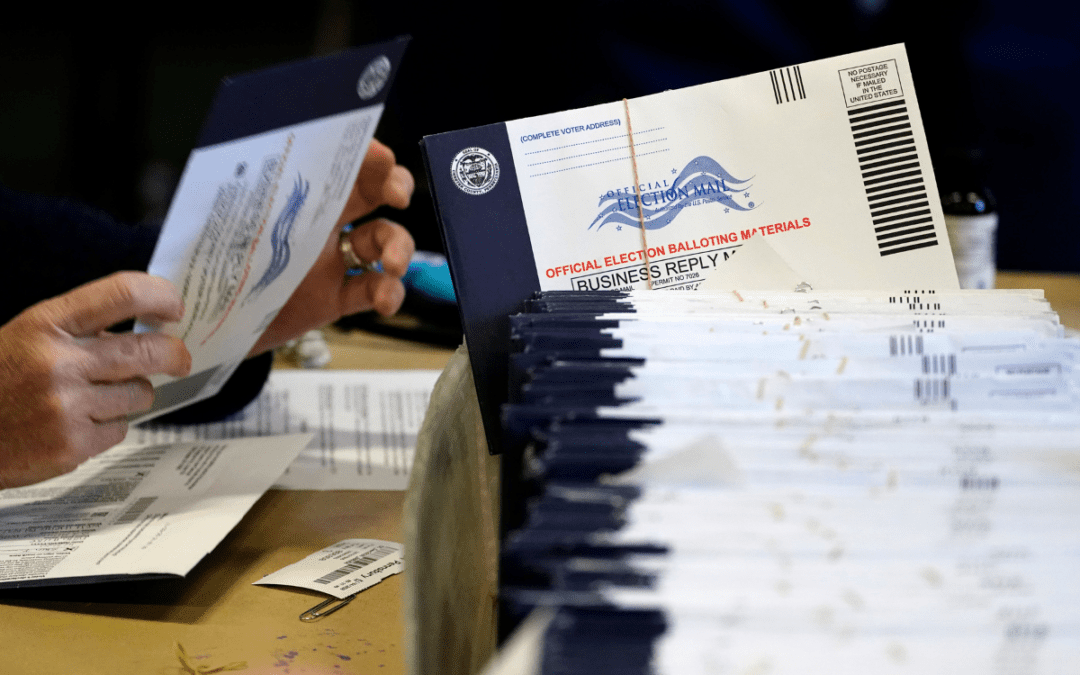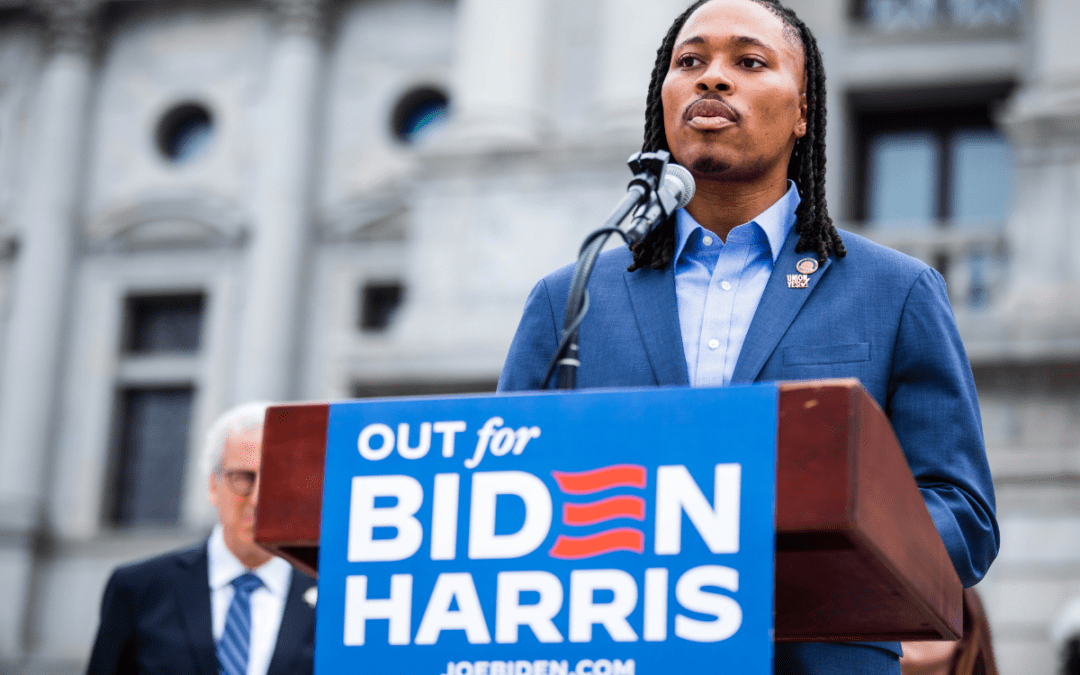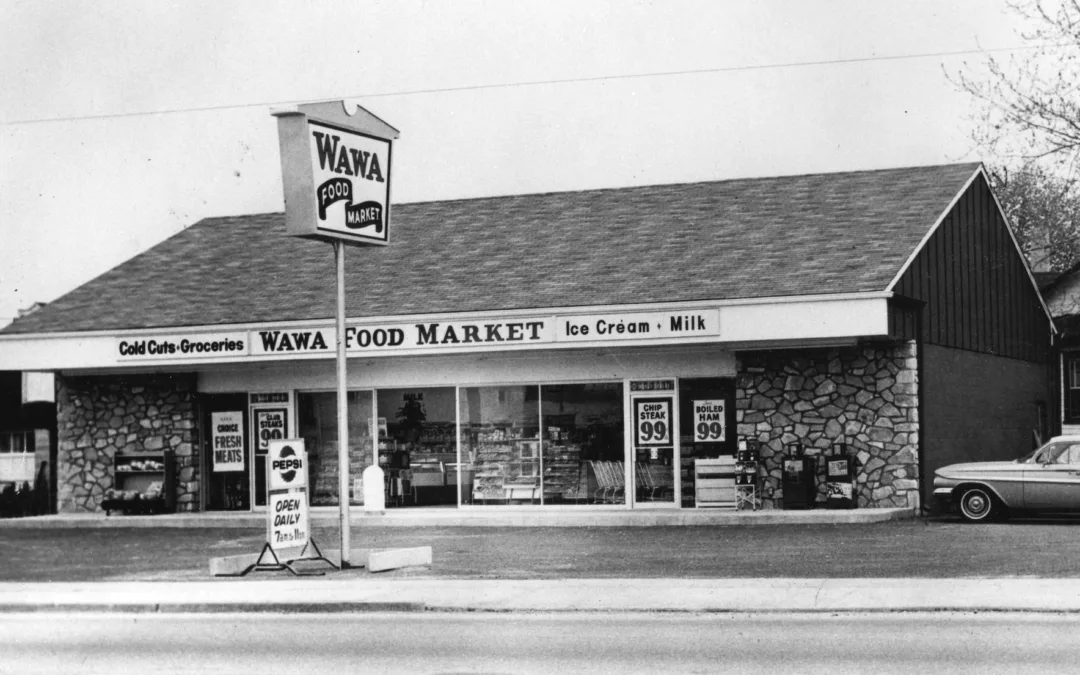
Vice presidential candidate Kamala Harris, left, speaks as Vice President Mike Pence listens during the vice presidential debate on Wednesday, Oct. 7, 2020. (Screenshot)
Harris frequently questioned why the Trump Administration has lied to Americans about the novel coronavirus pandemic, and why Trump refused to denounce white supremacists.
Vice President Mike Pence and Sen. Kamala Harris clashed—usually amicably—over several topics that affect Pennsylvanians during Wednesday’s Vice Presidential debate.
The debate was a striking contrast to last week’s contest between President Donald Trump and former Vice President Joe Biden, when Trump repeatedly interrupted Biden.
One of the biggest topics driving the debate was the novel coronavirus pandemic and its effects on the economy.
Harris questioned the Trump administration’s ability to be honest about the pandemic that has taken the lives of more than 200,000 Americans.
Pence attempted to sidestep the charge by saying Harris’ questioning of the administration was questioning the American people. “President Trump and I have great confidence in the American people,” he said.
Harris fired back, “You respect the American people when you tell them the truth.”
Asked why officials don’t often wear masks, which the Centers for Disease Control and Prevention have identified as a key way to curb the spread of the novel coronavirus, Pence asserted that the administration was taking the virus seriously. The two sides’ attitudes toward masks were evident at the end of the debate when a maskless Karen Pence joined her husband on stage and a mask-wearing Doug Emhoff joined his wife, Harris, on stage.
The campaigns also showed significant differences in their attitudes toward race and the criminal justice system.
Pence said he trusted the justice system in the Breonna Taylor case and doesn’t believe police departments have an implicit bias.
The cases of Breonna Taylor, George Floyd, and others incited protests throughout the state. Major cities like Philadelphia and Pittsburgh, mid-sized cities like Reading and Wilkes-Barre, and even small towns like Sayre and Gettysburg had repeated gatherings supporting criminal justice reform.
“Look, I’m a former prosecutor,” Harris said. “I know what I’m talking about … Bad cops are bad for good cops.”
Harris also repeatedly brought up how Trump stumbled over denouncing white nationalists at the first presidential debate and after the violence in Charlottesville, Va., in 2017. Pence said Trump had denounced white nationalists and claimed the media made an inaccurate portrayal.
The Proud Boys, the white nationalist group Pence said Trump attempted to denounce, went on to sell T-shirts with the president’s phrase on them. Trump did have to reiterate denouncing the group the day after the debate.
The campaigns also contrasted in their stances on the environment.
Pence tried to box Harris into being in agreement with the Green New Deal.
He also claimed Harris and Biden would ban fracking—an important and disputed issue in Western and Central Pennsylvania. Harris denied that. Harris in the past has supported a ban, but changed her position.
Harris’ and Pence’s stances on these issues could make a big difference in Pennsylvania.
It has become cliché that Pennsylvania is vital to both campaigns, but the facts back up the idea.
It has been more than 70 years since a candidate has won the presidency without winning the state. That was Harry Truman in 1948.
Three regions—the Philadelphia suburbs, northeastern Pennsylvania, and Erie—are getting the most attention.
In 2016, Trump outperformed Hillary Clinton by just over 51,000 votes in the seven counties that make up the northeast. He won the state by 44,000.
Trump won Erie by two points in 2016. The last Republican to do that was Ronald Reagan in 1984.
Part of Trump’s win in 2016 included cutting into Clinton’s expected strength in the Philadelphia suburbs. Clinton won the area by 188,000 votes in 2016. Two years later, Democrat Tom Wolf won re-election as governor with the help of a 300,000 vote margin in the same four county area.
Both candidates and their surrogates have repeatedly visited the state since the COVID-19 shut down the country.
Politics

Pennsylvania redesigned its mail-in ballot envelopes amid litigation. Some voters still tripped up
HARRISBURG, Pa. (AP) — A form Pennsylvania voters must complete on the outside of mail-in ballot return envelopes has been redesigned, but that did...

Biden makes 4 million more workers eligible for overtime pay
The Biden administration announced a new rule Tuesday to expand overtime pay for around 4 million lower-paid salaried employees nationwide. The...

Malcolm Kenyatta makes history after winning primary for Pa. Auditor General
State Rep. Malcolm Kenyatta, who was first elected to the state House in 2018, won the Democratic nomination for Pa. Auditor General and will...
Local News

What do you know about Wawa? 7 fun facts about Pennsylvania’s beloved convenience store
Wawa has 60 years of Pennsylvania roots, and today the commonwealth’s largest private company has more than 1,000 locations along the east coast....

Conjoined twins from Berks County die at age 62
Conjoined twins Lori and George Schappell, who pursued separate careers, interests and relationships during lives that defied medical expectations,...





